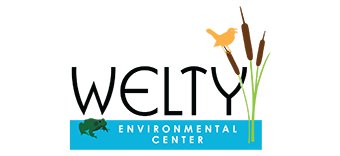The Traditional Ecological Knowledge Behind Controlled Burns
Yesterday I posted a New York Times article on Welty’s facebook page called: “Alarmed by Scope of Wildfires, Officials Turn to Native Americans for Help.” Give it a read–it’s about how policymakers and Forest Service officials in the Pacific Northwest are reaching out to Native communities to learn about indigenous controlled-burn techniques that could be adopted to reduce the damage of wildfires. I was struck by how closely the topic relates to the workshop Aaron and I did earlier this summer on Traditional Ecological Knowledge.
This article and that workshop reiterate how adopting indigenous land management practices, developed by closely watching natural systems for generations, offers sustainable methods to mitigate climate change.

(A prescribed burn in the upper park at Big Hill in 2008)
Adopting indigenous land management practices…
…offers sustainable methods to mitigate climate change.
In the meantime, come out to the park for a hike and to get a sense of “before” in the prairie while the weather is still so nice!

(Late September milkweed at Big Hill)
Brenda Plakans
Executive Director, WEC
info@weltycenter.org
608-361-1377






